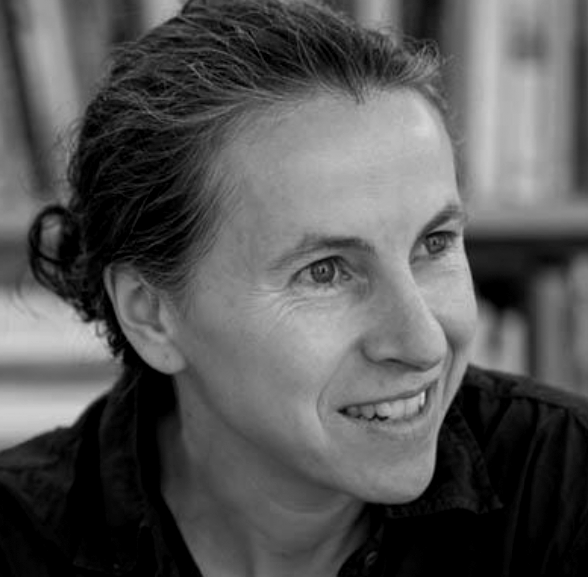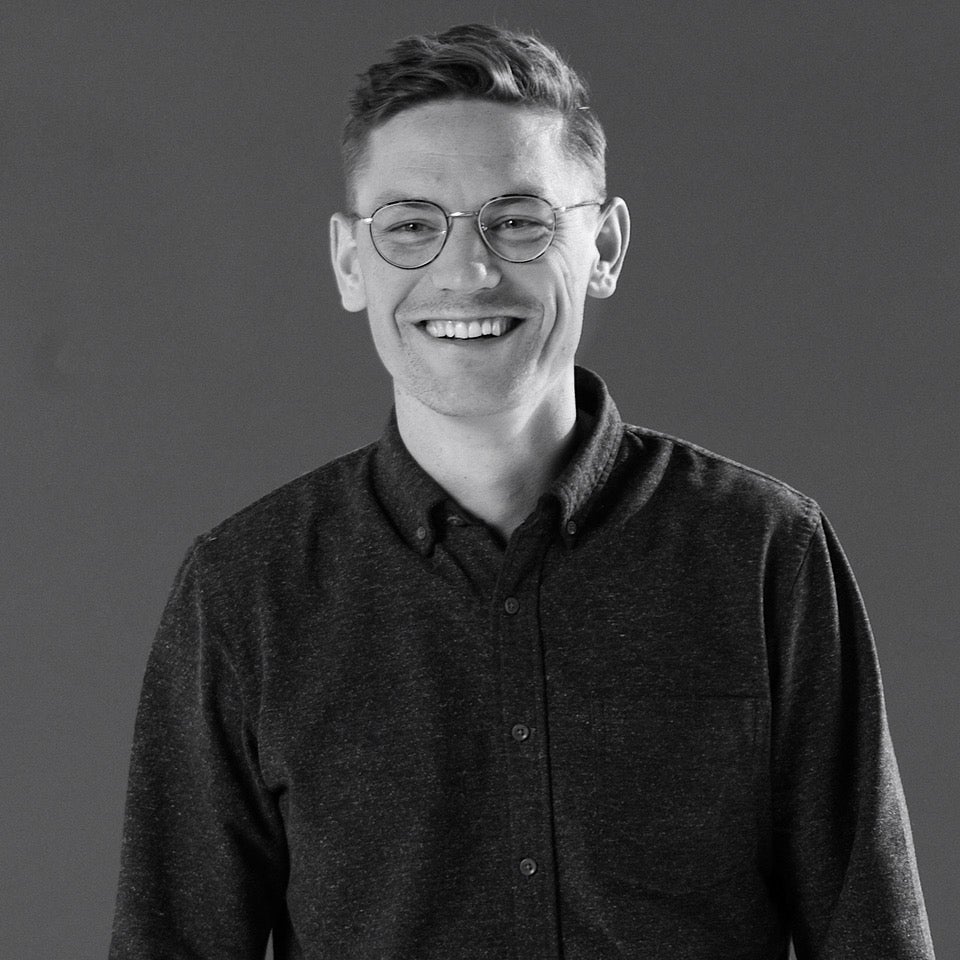
What does it really mean to be a smart city or healthy city and are we even close to living sustainably in urban environments? Will the pandemic and rise of working from home affect how we design city life and civic spaces now and in the future? What does an age-friendly city look like over the next couple of decades? These timely questions and more will be addressed by a panel of alumni and academia experts as we examine where architecture and city design are headed in light of a great social upheaval.
The audience will have an opportunity to ask questions of the panel of experts.
A Zoom link will be sent to those who register for this session.
Moderator:

O’Donovan Director, School of Architecture, Faculty of Engineering, University of Waterloo
A registered architect in Quebec, Anne Bordeleau was awarded a PhD from the Bartlett School of Graduate Studies (University College London, UK) after receiving her professional degree and Masters in the history and theory of architecture from McGill University (Montreal). She is an architect and historian with publications on the temporal dimensions of casting, drawings, maps, buildings and architecture more generally. She has published articles in numerous international journals (Journal of Architecture, Architectural Theory Review, Architectural History, Architecture_MPS, Footprint), along with chapters in edited books (Materiality and Architecture, Chora 7, Architecture’s Appeal), and a monograph, Charles Robert Cockerell, Architect in Time: Reflections Around Anachronistic Drawings (Ashgate, 2014). She is one of four principals who worked on The Evidence Room, an exhibition in the central pavilion of the 15th Venice Biennale in 2016, and Architecture as Evidence (Canadian Centre of Architecture, 2016).
Dr Bordeleau’s research interests include the epistemology of the architectural project, as well as the historiographical and practical bearing of investigating the relations between architecture and time. Her teaching, research and practice have covered many fields, from medieval to modern cultural history, nineteenth-century architectural history and theory, the question of the preservation and communication of culture through architecture, concerns pertaining to rural architecture in contemporary China, as well as historical and theoretical considerations of casting as a practice. She is fundamentally interested in architecture as a cultural act, a commitment that informs her research as much as her approach to education.
Panel Speakers:

BAS 2007, Architectural Studies
Assistant Professor, School of Architecture, Faculty of Engineering, University of Waterloo
Jonathan Enns is a designer and assistant professor at the University of Waterloo where he teaches courses in the Architecture and Architectural Engineering departments. Jonathan’s teaching and research is dedicated to developing tools to support emergent design in the built environment by enabling schematic architectural design by end-users, improving research on human use, behaviour, and preference in Architecture, and lowering the barrier to novice building construction and assembly.
Jonathan runs Humanics Lab at the University of Waterloo, an R&D group dedicated to strategic design, research, prototyping, partnerships and the application of human centered development methodologies to architecture. Recent work by Humanics.io has developed tactile interfaces for novice architectural design, and envisioned strategies for vertical aging with Toronto-based health networks.
Prior
to
joining
the
University
of
Waterloo
in
2018,
Jonathan
was
project
lead
at
Continuum
Innovation
in
Boston
where
he
worked
on
strategy
and
human
centered
design
consulting
projects
for
top
global
brands
in
the
technology,
IOT,
and
connected
home
industries.
Before
this,
he
was
also
a
design
consultant
at
Front
Inc.
in
NYC,
where
he
designed
facades
for
Atelier
Jean
Nouvel,
Buro
OS
and
Bjarke
Ingles
group.
Jonathan
is
a
graduate
of
the
University
of
Waterloo's
School
of
Architecture
('07),
and
Princeton
University's
M.Arch
program
('10)
where
he
was
a
recipient
of
the
School’s
2010
design
prize,
and
the
Henry
Adams
AIA
medal.
In
2011,
he
won
an
Arciprix
International
award
for
his
design
work
on
computational
design
systems,
and
in
2014,
a
Holcim
International
Award
for
Sustainable
Construction
for
his
research
into
the
carbon
benefits
of
massive
timber
construction. He
runs
an
independent
design
office
named EDO.

BAS 2011, Architectural Studies
President & Cofounder at Biobot Analytics
Newsha Ghaeli is president and cofounder of Biobot Analytics, the first company in the world bringing wastewater epidemiology to market. Prior to founding Biobot, Ghaeli was an urban studies researcher exploring the application of technologies in urban systems to build more responsive and resilient cities. Ghaeli was a Research Fellow at the MIT Senseable Cities Lab and an instructor in the MIT Department of Urban Studies and Planning. Trained as an architect, she has collaborated with the World Economic Forum’s Council on the Future of Cities, the UN Climate Change Summit, the U.S. Department of Energy, and U.S. territorial governments on the design of coastal resilient communities. Ghaeli holds undergraduate and graduate degrees in engineering from the University of Waterloo and McGill University in Canada.

BAS 2013, Architectural Studies; MArch 2015, Architecture
Senior Designer, Co Adaptive Architecture
Since June 2019, Sarah Gunawan has been a Senior Designer at CO Adaptive Architecture in Brooklyn, NY, a practice focused on evolving our existing buildings to create future resilient environments. Her independent research and work entangles multi-species cohabitation, femist disability studies, misfitting human bodies, and posthuman theory, all in an effort to stay with the trouble. She was the Reyner Banham Fellow 2017-18 at the University at Buffalo where her teaching and research focused on disrupting normative design processes through the lens of human aging. She is also an active member of Design As Protest, a coalition of designers mobilizing strategies to dismantle the privilege and power structures that use architecture and design as tools of oppression.

Associate Professor and Associate Director (Undergraduate Studies), School of Architecture, Faculty of Engineering, University of Waterloo
Maya Przybylski is an associate professor and associate director (Undergraduate Studies) at the School of Architecture at the University of Waterloo where she co-founded the DATAlab group. She is a graduate of the Faculty of Architecture, Landscape and Design at the University of Toronto where she was awarded the Royal Architectural Institute Medal. She previously earned a degree with a specialization in Software Engineering at the Department of Computer Science at the University of Toronto.
Maya combines her backgrounds to explore how the increased availability of data and the emergence of computational design transforms the theoretical frameworks, methodologies, tools and outcomes of the architect. In 2018 she was awarded a multi-year grant from Canada’s Social Sciences and Humanities Research Council (SSHRC) for her Soft Materials project to develop architecture-specific methods for achieving more complete engagement with both the sociocultural agency and technical capacity of the computational components embedded within data-driven design work. With the goal of bridging technological and sociocultural concerns, this work has been presented in a variety of venues including technically focused venues such as ACADIA and CAADRIA alongside socially-minded venues such as Architecture Media Politics & Society(A_MPS) and the Architectural Humanities Research Association. Maya’s design work brings together software, data, hardware and physical materiality to explore citizen-oriented visions of a software/data enabled city.
Maya is a founding editor of [BRACKET], a series that, since 2010, has documented the intersection of architecture, environment and digital culture. She has co-edited two issues: BRACKET [On Farming] and BRACKET [At Extremes], both supported by the Graham Foundation for the Arts.